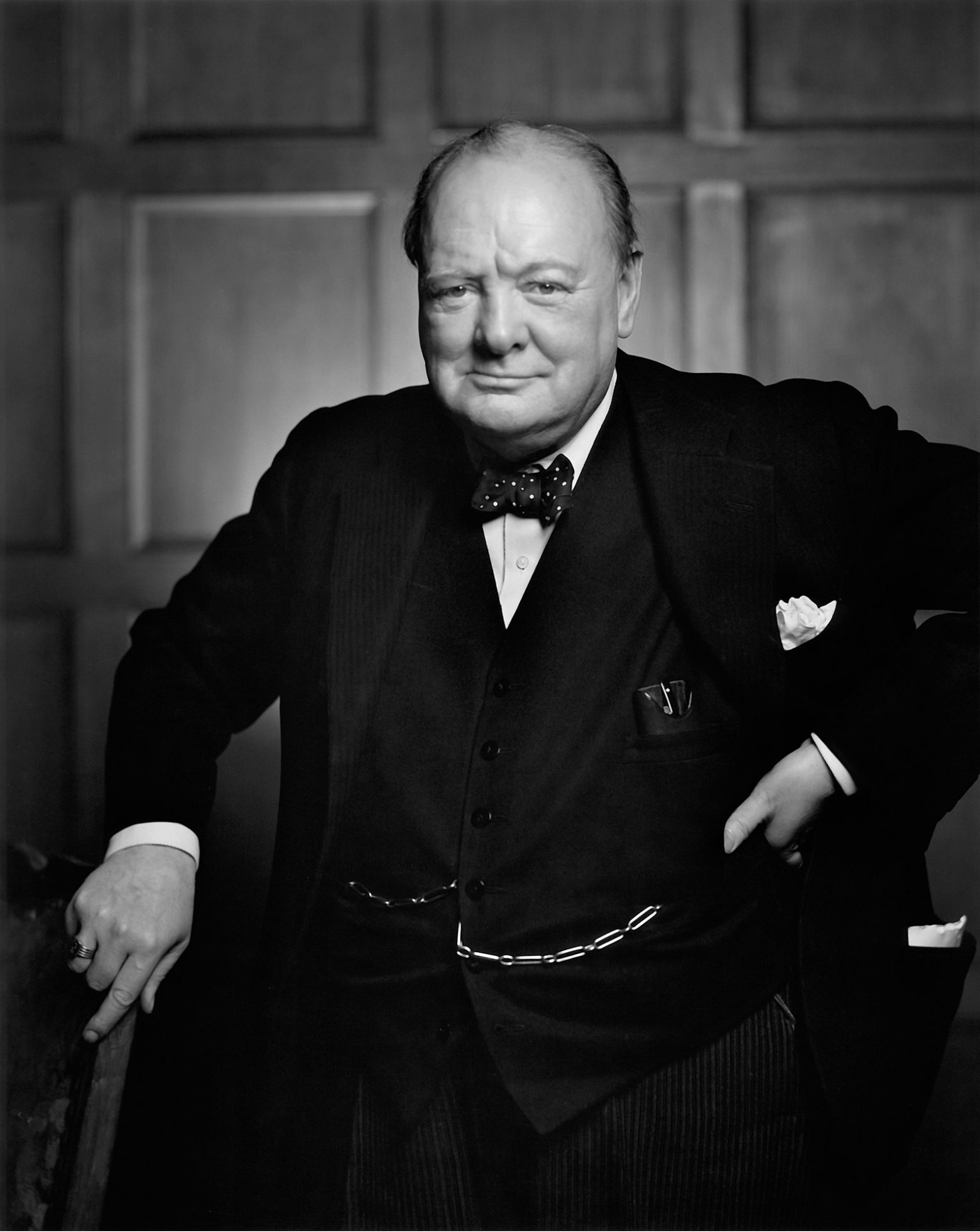Besides the fanatical frenzy, which is as dangerous in a man as hydrophobia in a dog, there is this fearful fatalistic apathy. The effects are apparent in many countries. Improvident habits, slovenly systems of agriculture, sluggish methods of commerce, and insecurity of property exist wherever the followers of the Prophet rule or live. A degraded sensualism deprives this life of its grace and refinement; the next of its dignity and sanctity. The fact that in Mohammedan law every woman must belong to some man as his absolute property—either as a child, a wife, or a concubine—must delay the final extinction of slavery until the faith of Islam has ceased to be a great power among men. Individual Moslems may show splendid qualities. Thousands become the brave and loyal soldiers of the Queen: all know how to die. But the influence of the religion paralyzes the social development of those who follow it. No stronger retrograde force exists in the world. Far from being moribund, Mohammedanism is a militant and proseltyzing faith. It has already spread throughout Central Africa, raising fearless warriors at every step; and were it not that Christianity is sheltered in the strong arms of science—the science against which it had vainly struggled—the civilization of modern Europe might fall, as fell the civilization of ancient Rome.
I have never accepted what many people have kindly said - namely, that I inspired the nation... It was the nation and the race dwelling all round the globe that had the lion's heart. I had the luck to be called upon to give the roar. I also hope that I sometimes suggested to the lion the right place to use his claws.
~ Churchill (speech in Westminster Hall, 30 November 1954)
The ability to foretell what is going to happen tomorrow, next week, and next year. And to have the ability afterwards to explain why it didn't happen.
~ Churchill (describing the qualifications of a prospective politician, quoted in Adler, Churchill Wit)
Naval tradition? Monstrous. Nothing but rum, sodomy, prayers, and the lash.
~ Churchill (quoted in Harold Nicholson, diary, 17 August 1950)
He mobilized the English language and sent it into battle to steady his fellow countrymen and hearten those Europeans upon whom the long dark night of tyranny had descended.*
~ Edward R. Murrow (wiki) (1908-1965) (broadcast, 30 November 1954)
November 30 is the anniversary of the birth in 1874 of the greatest British statesman of recent times, Winston Spencer Churchill (1874-1965). Born into an aristocratic family, Churchill was educated at Harrow and Sandhurst and served in the British Army in India, the Sudan, and South Africa. Elected to Parliament in 1900, he became the First Lord of the Admiralty in 1911 but was discredited and forced to resign by the failure of World War I's Gallipoli campaign in 1915.
Subsequently, Churchill held several cabinet-level offices under both Liberal and Conservative governments, but he left politics between 1929 and 1939 and restricted himself largely to warning of the rise of Nazi Germany. In 1940, seven months after the outbreak of World War II - Britain's darkest hour - he supplanted Neville Chamberlain as Prime Minister and led his nation to victory in 1945. Turned out of office in the next election, he nonetheless returned as Prime Minister between 1951 and 1955. Also a prolific author, Churchill received the 1953 Nobel prize in literature for such books as The World Crisis (1923-29), a biography of his ancestor, the Duke of Marlborough, his multi-volume memoir of World War II, and The History of the English-Speaking Peoples.
The video below is of the "We shall fight on the beaches speech" (on the occasion of the evacuation of Dunkirk), perhaps Churchill's greatest wartime utterance, in the House of Commons, 4 June 1940. I'm struck by his note of weary resignation, almost totally lacking in rhetorical enthusiasm. Text of the most famous paragraph is below - full text and more information in this post.
Even though large tracts of Europe and many old and famous States have fallen or may fall into the grip of the Gestapo and all the odious apparatus of Nazi rule, we shall not flag or fail. We shall go on to the end. We shall fight in France, we shall fight on the seas and oceans, we shall fight with growing confidence and growing strength in the air, we shall defend our island, whatever the cost may be. We shall fight on the beaches, we shall fight on the landing grounds, we shall fight in the fields and in the streets, we shall fight in the hills; we shall never surrender, and if, which I do not for a moment believe, this island or a large part of it were subjugated and starving, then our Empire beyond the seas, armed and guarded by the British Fleet, would carry on the struggle, until, in God's good time, the New World, with all its power and might, steps forth to the rescue and the liberation of the old.Related:
March 5 is the anniversary of Winston Churchill's Iron Curtain speech.
Before there was Laffer: Churchill on the fiscal cliff.
Churchill on women in combat.
Churchill's Doctor's Note Allowing Him to Drink "Unlimited" Alcohol in Prohibition America.



Churchill was a civilian, a reporter, when in S. Africa. However, notwithstanding his civilian status, Churchill he did fight with the British army re armored train ambush.
ReplyDeleteChurchill led 21st Lancers cavalry at the battle of Omdurman in Sudan, 1898, although he was a member of 4th Hussars. After Gallipoli was commissioned Lt. Col. commanding 6th Scots Fusiliers (fuzzy on the unit),served in Belgium under fire, 1915-1916.
DeleteAfter Gallipoli, Churchill resigned and served in the Army on the Western Front.
ReplyDelete